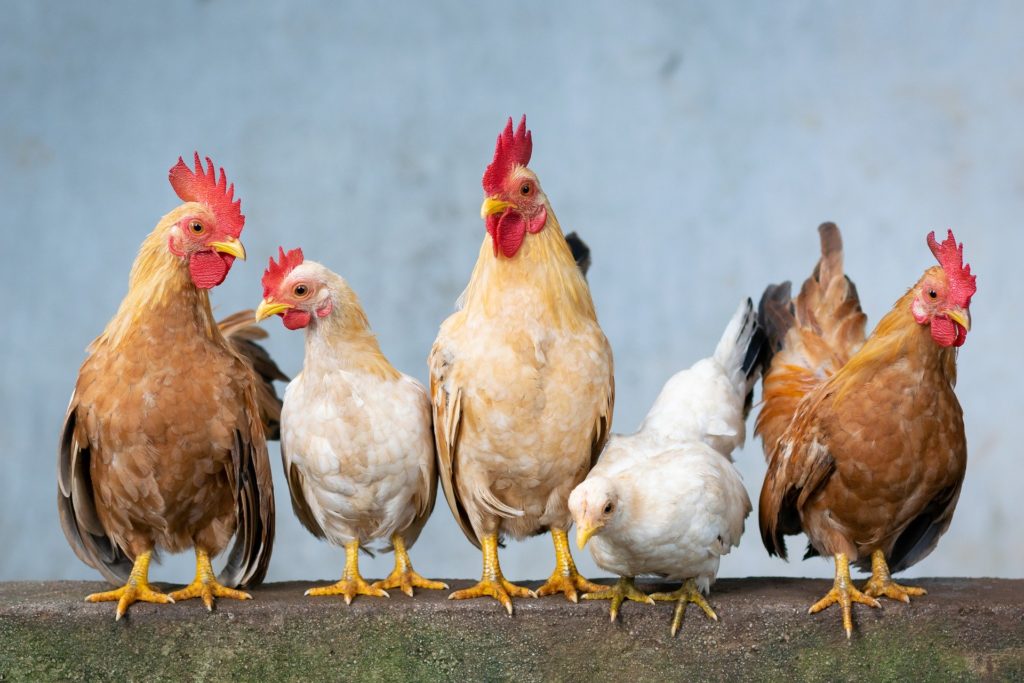President Ramaphosa, in his State of the Nation Address (SONA) on February 13, announced that within two weeks a new poultry import tariff would be set and implemented. The new tariff, which is meant to “support the local industry”, should be set by the end of this week.
Tariffs will be increased specifically on imports from the United States and Brazil, while they will not affect imports from the European Union as a result of a free-trade agreement.
Presently, tariffs are 12% for boneless chicken and 37% for frozen bone-in pieces. Experts, including Dawie Maree, FNB Agriculture’s Head of Information and Marketing, expect these tariffs to rise to 45% maximum.
The South African Poultry Association (SAPA) have requested this rise multiple times, however they suggested an increase in tariffs to 82% on both frozen bone-in chicken pieces and on frozen boneless chicken cuts. This was in the hopes of countering high rates of shipments which result in massive losses for the local industry.
“We completed the Poultry Master Plan to support chicken farmers and processors and save 54 000 jobs while creating new jobs,” said Ramaphosa at SONA.
If tariffs are higher, importers are likely to decrease shipments. This will result in a better market environment for local farmers and a better flow of money within the country.
“We trust that the tariff will be set at an appropriate level to bring the much-needed relief from unfair trade to South Africa’s chicken producers who have been battling to compete in a trade environment that has favoured unfair imports,” said Izaak Breitenbach, GM of SAPA’s Broiler Organisation in a media statement.
“Not all imports are unfairly traded and our poultry industry can compete with Brazil, the US and the EU on an equal playing field, which the tariff should ensure,” he added.
Too high an increase will cost the country, as a large drop in important will result in job losses for South African citizens. If the increase is raised to a reasonable amount, it will ensure minimum negative effects.
Since the likelihood is that the tariff will not be increased excessively, chicken prices should remain relatively the same. If they do increase, it is not expected to be by much. Therefore, consumers do not have much to worry about in this respect.
The specific tariff increase is yet to be announced.
Picture: Pixabay

